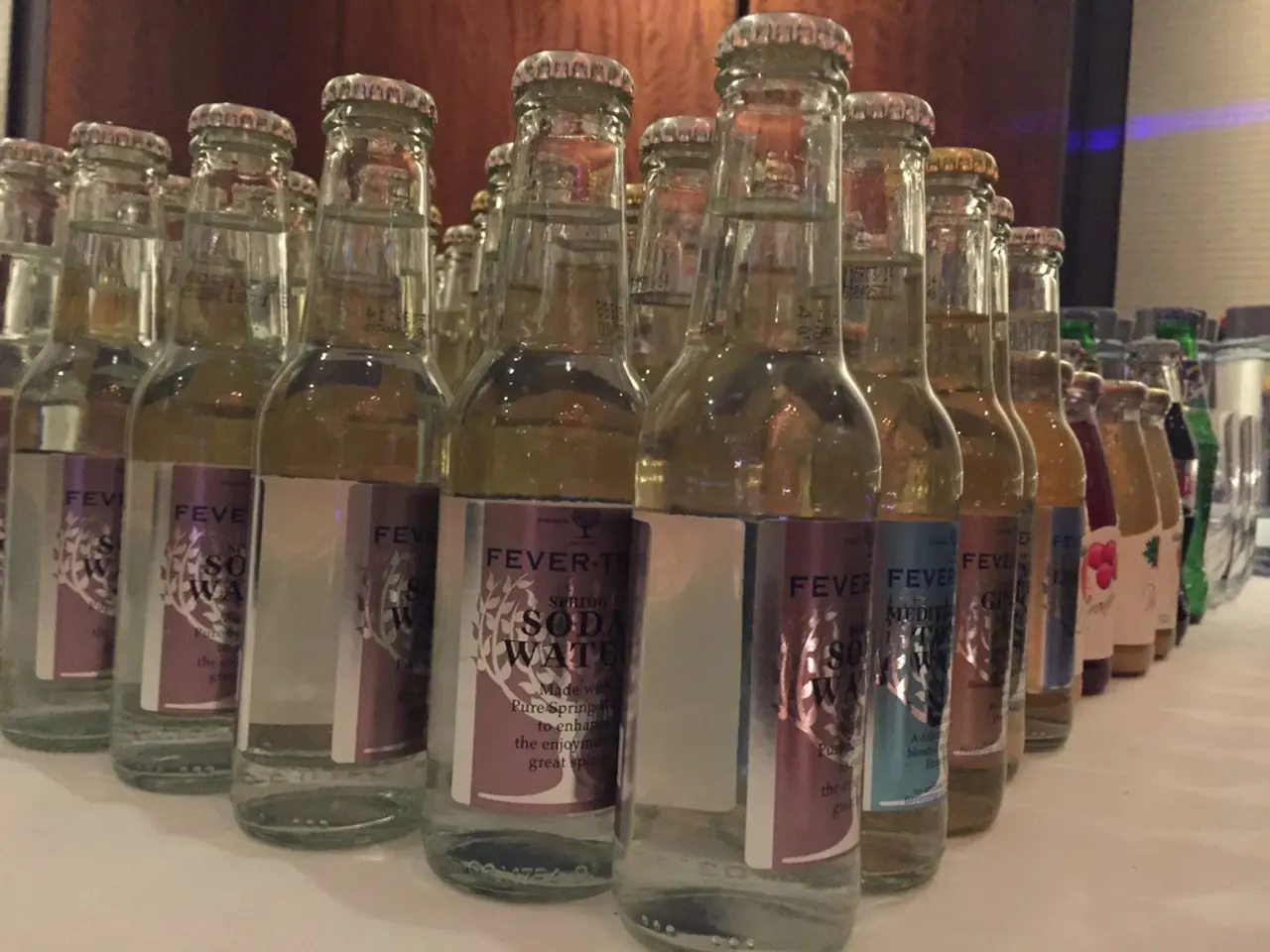What's the optimal water choice for fermentation?
The water used in homemade fermentations, such as kombucha, water kefir, sourdough, and beer, plays a crucial role in determining the quality and taste of the final product. Here's what you need to know to ensure you're using the best water for your fermentation projects.
The Ideal Water for Fermentations
The best types of water for homemade fermentations are those that are filtered to remove harmful additives like chlorine, chloramine, and fluoride but retain beneficial minerals. Filtered water from a high-quality filtration system such as a Berkey Water Filter is recommended. These systems remove chlorine, chloramine, and fluoride while preserving minerals essential for fermentation cultures.
Spring water can also be suitable if it is free from additives. However, avoid bottled waters that are sparkling, alkalinized, ozonated, or highly mineralized, as these can adversely affect your fermentation.
It's important to steer clear of reverse osmosis or distilled water that lacks minerals, as some ferments like water kefir need minerals for optimal fermentation.
Removing Chlorine from Water
To remove chlorine from water for fermentation, use activated carbon filtration, such as in the Berkey filter, which effectively removes chlorine and chloramine.
Alternatively, let tap water sit uncovered for 24-48 hours so chlorine can naturally dissipate, though this is less reliable with chloramine, which is more stable and requires carbon filtration or chemical treatment to remove.
Boiling water for 20 minutes can remove chlorine but not chloramine. Some sources recommend using campden tablets (potassium metabisulfite) to neutralize chlorine and chloramine if immediate use is needed, but this is less common for home fermenters.
Avoiding Contaminated Water
Seawater and rainwater contain microorganisms and contaminants that could interfere with fermentations. It's crucial to use ingredients that are safe and suitable for human consumption in fermentations.
Well water can be used for fermentations if it is potable, but it is recommended to have it tested annually for possible contamination. Using bottled water is not recommended due to its quality-price ratio and environmental impact.
In summary, using mineral-rich filtered water that has undergone activated carbon filtration to remove chlorine and chloramine is the best approach for healthy fermentation cultures. Avoid cheaply filtered or chemically treated waters that can harm the living organisms critical to fermentation.
This guidance applies to fermentation projects like water kefir, kombucha, and other cultures reliant on healthy bacteria and yeast.
- Maintaining a healthy lifestyle in cooking involves using filtered water for homemade fermentations, as this ensures the retention of beneficial minerals and removal of harmful additives that can affect the quality and taste of the final product.
- Following a lifestyle focused on food-and-drink and home-and-garden measures should incorporate the use of mineral-rich, filtered water for healthy cooking, specifically for fermentations like kombucha, water kefir, sourdough, and beer, to promote optimal fermentation and the growth of essential cultures.




